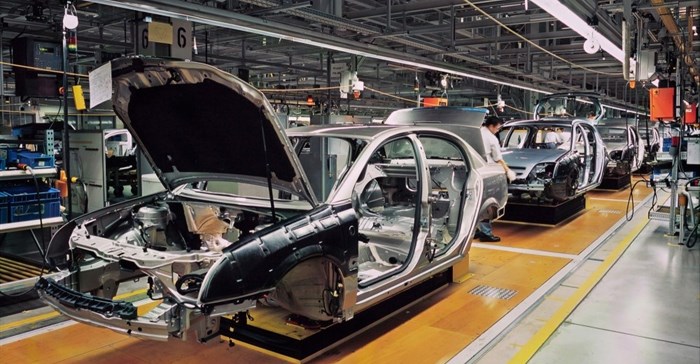
Subscribe & Follow
Advertise your job vacancies
Jobs
- Bookings Clerk Stellenbosch
- Dealer Branding and Development Coordinator Johannesburg North
- New Vehicle Sales Manager - Volkswagen Experience East Rand
- New Vehicle Sales Manager Secunda
- Warranty Clerk - Stellantis Experience Richards Bay
- New Vehicle Sales Executive Centurion
- Area Sales Manager East Rand
- Vehicle Sales Executive West Rand
- Diesel Technician Pinetown
- Sales and Marketing Consultant Kempton Park
Demand for new vehicles sees biggest decline in seven years
South Africa's new vehicle industry saw sales plummet 17% this past month, according to the latest aggregated sales figures from the National Association of Automobile Manufacturers of South Africa (Naamsa). In total, only 44,883 new vehicles were sold in July 2016, a decline of 9,222 vehicles compared to the same period last year.

Within this, sales in the passenger car segment fell 20.6% year-on-year, which correlates strongly with the 20.7% decline for passenger vehicles through dealers. This is in line with WesBank’s data, which shows that demand for new vehicle finance has declined 22.5%. Along with the 6.4% weaker demand for used vehicles, total demand for vehicle finance has dipped 11.5% – the largest decline since April 2009.
Sales of light commercial vehicles (LCVs) have not been spared, with overall sales slumping 9.9%, year-on-year. LCV sales through the dealer channel softened 4.3%, as demand for popular models tapered off. Although rental channel sales had a poor month, with a year-on-year sales decline of 19.8%, the rental market has grown 31.3%, year-to-date.
After effects of currency weakness
The total industry’s year-to-date performance, as of July, sees the market down 11%. “This is the biggest sales decline since 2009, at the height of the global economic recession,” said Simphiwe Nghona, CEO of WesBank Motor Retail. “Despite the rand’s recent strength, what we’re experiencing now are the after effects of the currency’s weakness in months prior. This is compounded by distressed household budgets and low economic growth that is also trending downwards.”
WesBank’s data shows that the average new vehicle being financed in July 2016 was 14.6% more expensive than in July 2015. Additionally, consumers who are unable to afford new vehicles are forced to hold onto their vehicles for longer. This period is up to 40 months for July 2016, compared to 38 months in July 2015.
“With the average new car being financed over 72 months, these fast-rising prices will have a notable effect on monthly budgets,” said Nghona. “Those consumers who eventually return to the new market will also find that they may have to downgrade their vehicles to remain within budget.”
Related
South Africa's top 5 car brands for February 2025 revealed 4 Mar 2025 South Africa’s car sales surge 7.3%—but exports take a knock 4 Mar 2025 SA's new car sales off to promising start in 2025 10 Feb 2025 SA’s vehicle market driven by strong rental and car sales despite export slump 2 Dec 2024 SA's auto industry shifts gears: October sees highest passenger car growth in 5 years 4 Nov 2024 Local car industry sees continued decline in June 2024 2 Jul 2024






